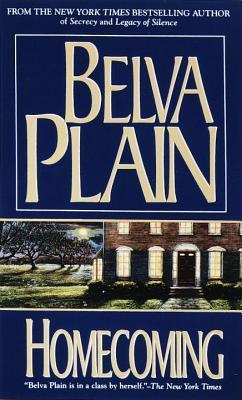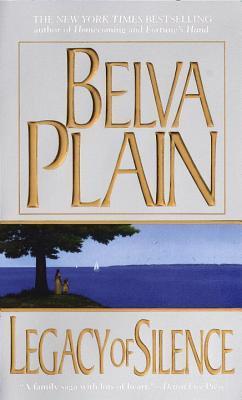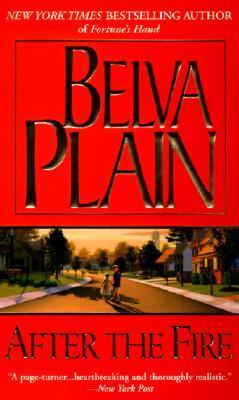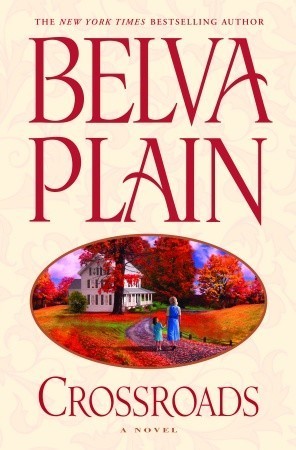
Her Father's House
Book Description
A house shrouded in secrets, where every room holds a memory—some haunting, some cherished. When Rachel returns to her father's home after years of estrangement, old wounds reopen and new alliances form, revealing a web of deception that could shatter the family forever. Tension crackles in the air as Rachel confronts the demons of her past and the choices that have shaped her future. With each revelation, the stakes escalate, forcing her to choose between the ties that bind and the truth that liberates. Can she uncover the secrets hidden within her father's house before it's too late?
Quick Book Summary
"Her Father's House" by Belva Plain delves into the emotional return of Rachel to her family's ancestral home after years of separation. The house, both a symbol and a container of memories, immerses Rachel in a world of nostalgia and unresolved pain. As she reconnects with estranged family members, long-buried secrets and simmering tensions rise to the surface. Mysteries from the past challenge Rachel's perceptions and force her to confront difficult truths about her upbringing, her relationships, and herself. The unfolding drama is laced with romance, suspense, and the fraught dynamics of a family trying to heal. Ultimately, the story becomes a journey toward forgiveness, self-discovery, and the possibility of new beginnings amidst the ruins of old wounds.
Summary of Key Ideas
Table of Contents
Family Secrets and Deception
Rachel’s return to her childhood home after years away is fraught with emotion and unresolved history. The house itself serves as more than just a setting; it symbolizes both sanctuary and prison, filled with memories ranging from cherished childhood joys to sharp pains of estrangement. Rachel’s arrival awakens old family conflicts, particularly with her father, with whom her relationship has been complicated by misunderstandings and withheld truths. The cracks in the family façade deepen as Rachel navigates these tensions, wrestling with her sense of belonging and loyalty to her family.
Coming to Terms with the Past
As Rachel settles into the rhythms of her former home, she unearths secrets embedded in the very fabric of the house. Old letters, hidden photographs, and whispered conversations reveal long-held deceptions that have shaped the family’s destiny. These discoveries force Rachel to reconsider her understanding of her parents, especially her father's motivations and decisions. The romantic subplot entwines with Rachel’s search for answers; a childhood friend offers comfort and raises questions about what Rachel truly wants in her future relationships and life.
Forgiveness and Redemption
The journey through the house becomes a parallel journey inward. Rachel confronts painful memories, grappling with the choices that pushed her away and the unresolved feelings that linger. Each room revisited becomes a checkpoint for self-reflection and growth. As Rachel pieces together the story of her family, she faces uncomfortable truths about mistakes made by both herself and her loved ones. This self-examination brings her to the brink of either repeating the past or carving a new path.
The Search for Truth and Identity
Healing is hard-won, arriving only through difficult conversations and personal reckonings. Rachel must choose whether to cling to resentment or embrace forgiveness. Relationships within the family are tested as buried grievances come to light, but these moments also allow for reconciliation and understanding. With new alliances formed and old wounds placed in context, Rachel slowly sheds the burdens inherited from previous generations. Her journey emphasizes the necessity of forgiveness—not just of others, but of oneself—as a prerequisite for moving forward.
The Significance of Home
By the novel’s end, the house has transformed in Rachel’s eyes. It is no longer merely a container of old pain but a place of possibility, anchoring Rachel as she steps into a future of her own making. Embracing both past and present, she finds a new appreciation for the intricacies of identity, the power of truth, and the enduring if complicated, bonds of family. The final pages suggest hope—a recognition that healing is never simple, but always possible when one bravely confronts the shadows and chooses love over fear.
Download This Summary
Get a free PDF of this summary instantly — no email required.





